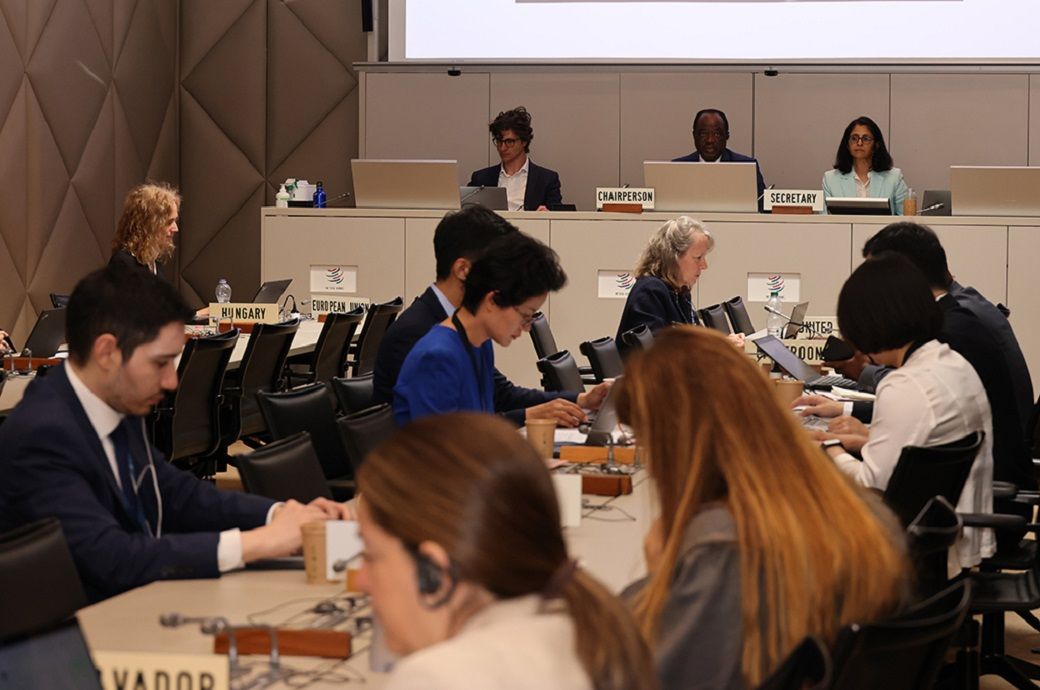
At the Committee on Regional Trade Agreements (CRTA) meeting on July 2, WTO members reviewed four significant regional trade agreements (RTAs) involving Cambodia, Iceland, India, Indonesia, the Republic of Korea, Liechtenstein, Norway, the United Arab Emirates, and the UK. Ambassador Salomon Eheth of Cameroon, the new CRTA chair, also provided an update on RTAs still pending review by the Committee.
The committee considered the Comprehensive Economic Partnership Agreement between India and the United Arab Emirates (UAE), which came into force on May 1, 2022. This agreement covers goods, investment, digital trade, and small and medium enterprises (SMEs). The liberalisation of trade in goods will be completed by 2031, with India eliminating customs duties on 84.7 per cent of its tariff lines and the UAE on 97.1 per cent of its tariff lines. India highlighted that the agreement serves as a growth engine for bilateral trade, WTO said in a news release.
The Comprehensive Economic Partnership Agreement between Indonesia and the Republic of Korea, covering goods and services, was also reviewed. This agreement, which entered into force on January 1, 2023, will see the parties liberalise more than 92 per cent of their import tariffs by the end of its implementation in 2042. The agreement reaffirms the parties' existing rights and obligations under several WTO agreements, including those on technical barriers to trade, anti-dumping measures, subsidies and countervailing measures, and trade-related aspects of intellectual property rights.
The Republic of Korea stated that the agreement will enhance commitments with ASEAN, while Indonesia noted that it provides a comprehensive framework for improving trade in services, with over 100 sub-sectors opened to 100 per cent foreign equity participation. Both countries have also committed to facilitating the movement of inter-corporate transferees, business visitors, and independent professionals.
The free trade agreement between the Republic of Korea and Cambodia, focusing on goods, entered into force on December 1, 2022. By 2041, the Republic of Korea will liberalise almost 95 per cent of its tariffs, and Cambodia will liberalise almost 90 per cent of its tariffs.
Another agreement reviewed was the free trade agreement between the UK, Iceland, Liechtenstein, and Norway, covering goods and services. This agreement ensures the continuity of preferential treatment among the parties similar to when the UK was an EU member. Under the agreement, the UK liberalised almost 91 per cent of its tariffs on imports from Iceland by 2021 and will liberalise almost 83 per cent of its tariffs on imports from Norway by 2025. Iceland liberalised all but 3.2 per cent of its tariffs on imports from the UK in 2022, and Norway liberalised all but 9 per cent of its tariffs by 2021. The agreement also includes provisions on labour and environment, electronic commerce, SMEs, good regulatory practices, and regulatory cooperation.
The UK, speaking on behalf of all the parties, noted that the agreement reaffirms their long-standing relationship and provides predictability, protection, and opportunities for businesses, investors, and consumers. It also highlighted improvements in commitments concerning rules of origin, technical barriers to trade, and sanitary and phytosanitary measures, as well as provisions to secure continued market access in a broad range of services sectors.
The committee also acknowledged seven notifications of regional trade agreements. The chair noted that there are 30 RTAs involving WTO members and 38 involving non-members for which a factual presentation has yet to be prepared, counting goods and services separately. Additionally, the WTO secretariat had circulated a list of 55 RTAs currently in force that had not been notified to the WTO.
Fibre2Fashion News Desk (DP)